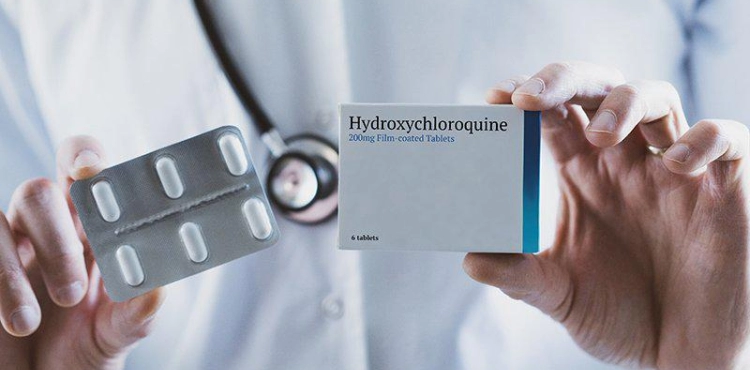Two studies showed today, Friday, that the treatment of Covid-19 patients with the drug malaria hydrochloroquine had no positive effect and caused other health complications.
US President Donald Trump, along with others, has described this anti-inflammatory as a "potential game changer" after preliminary studies in the laboratory showed he might be able to fight the emerging coronavirus.
However, several subsequent studies, including one funded by the US government, appear to disappoint the possibility that hydrochloroquine will allow treatment for people with COFED-19.
In the first study published Friday, researchers in France monitored 181 hospital patients with pneumonia due to corona and requiring oxygen.
84 of them were treated with hydroxychloroquine and the rest were not given the drug, but they found no significant difference between the outcomes of the two groups.
"Hydroxychloroquine is receiving global attention as a potential treatment for Covid-19 because of the positive results of small studies," said the authors of the study, published in the BMG magazine.
"However, the results of this study do not support giving it to patients who have been hospitalized and who need oxygen," he added.
A second study was conducted in China, in which 150 patients with the Coronavirus were divided into two groups, one of which received hydroxychloroquine.
Four weeks later, tests revealed similar rates of infection in both groups, so that adverse reactions to treatment were more common in the group receiving the drug.
Also, the severity or duration of symptoms did not differ between the two groups.
The use of hydroxychloroquine and the chloroquine compound for decades is used to treat malaria, as well as autoimmune disorders, lupus (skin disease), and rheumatoid arthritis.
The European Medicines Agency warned last month that there was no indication that hydroxychloroquine could be treated as Covid 19, and said some studies had seen serious and sometimes fatal heart problems.












